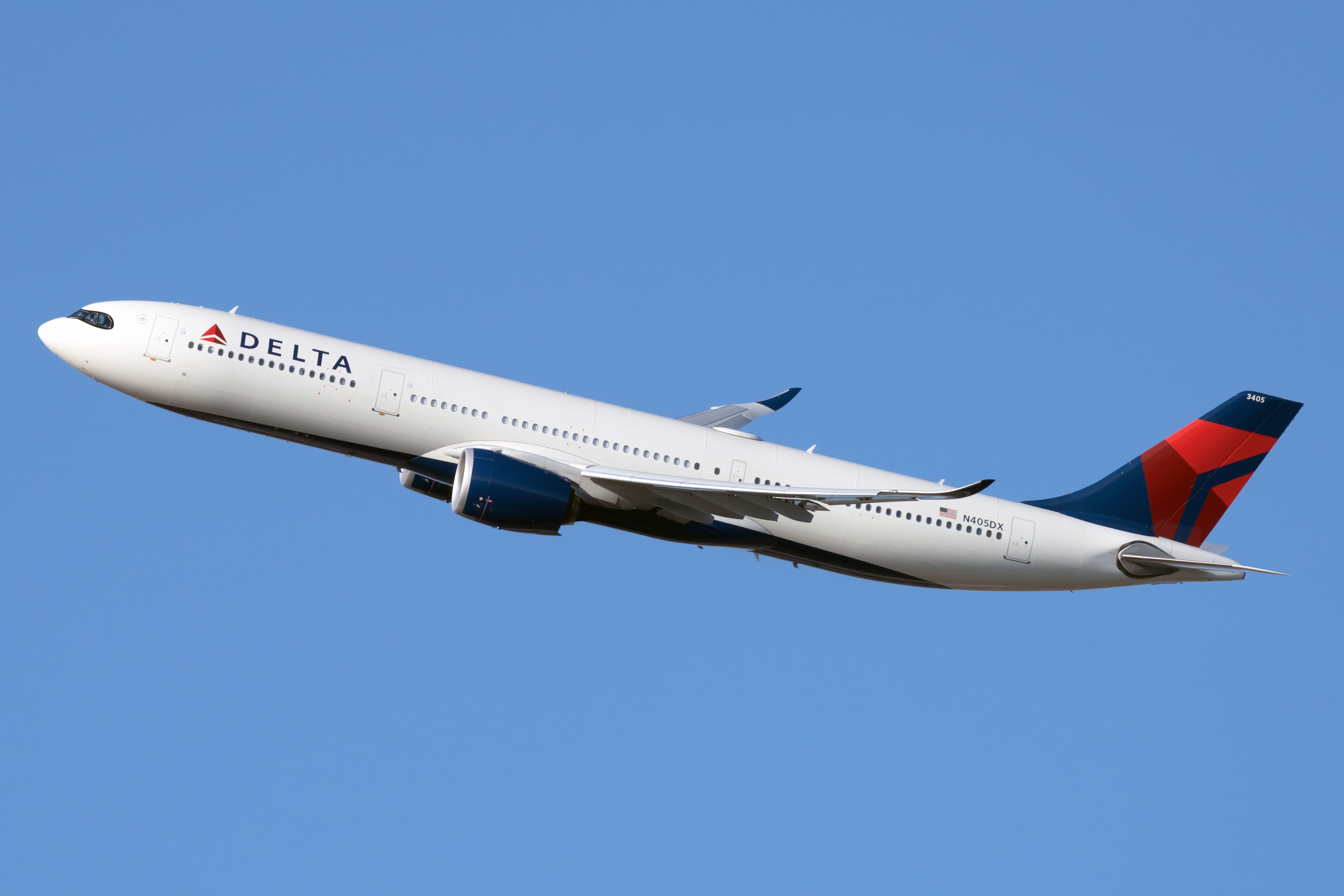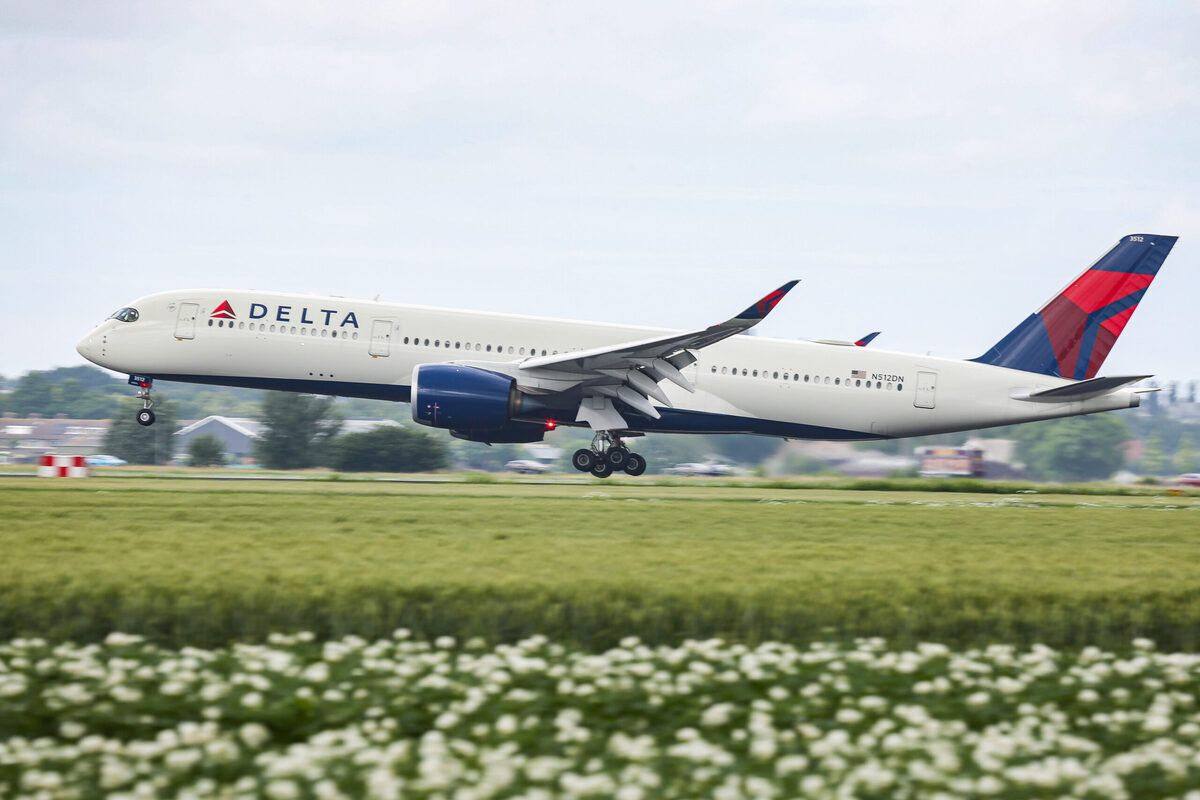Delta Air Lines has made some additional reductions in transpacific flying. Primarily focused on cuts to Tokyo and Seoul, the airline is rationalizing capacity in a market that has been quite slow to recover. As current travel restrictions are expected to keep a damper on bookings for a bit, Delta is choosing to cut capacity in this market and focusing on Europe for a big summer.
Delta makes additional transpacific cuts
Delta Air Lines loaded a schedule update this weekend seen on Cirium. There are several major cuts impacting the carrier's operations to Tokyo and Seoul. Namely:
- Honolulu (HNL) to Tokyo (HND) pulled until the end of October
- Los Angeles (LAX) to Tokyo (HND) pulled until the end of October
- Minneapolis (MSP) to Seoul (ICN) pulled until the end of October
- Minneapolis (MSP) to Tokyo (HND) pulled until the end of October
- Portland (PDX) to Seoul (ICN) pulled until mid-September
- Portland (PDX) to Tokyo (HND) pulled until the end of October
This is on top of some other frequency reductions:
- Atlanta (ATL) to Seoul (ICN) reduced to three weekly operations in May, going up to four weekly in June
- Detroit (DTW) to Seoul (ICN) goes down to three weekly in May, five weekly in June, and six weekly in July
- Seattle (SEA) to Seoul (ICN) goes down to four weekly flights in April and May, and six weekly flights in July
Cuts to two of Delta's big Asian hubs
Seattle and Tokyo are big Asian hubs for the airline. Before the crisis hit, Delta was awarded additional operating rights at Tokyo's Haneda Airport (HND), which is closer to the city center and preferred by travelers ending their trips in Tokyo. Delta, being the only major US airline without a partner that has a connecting hub at Tokyo Narita (NRT), Delta successfully advocated and moved its entire Tokyo operation over to Haneda in 2020.
While Haneda is not a major connecting hub, it receives service to several of Delta's major hubs across the US, including Seattle, Los Angeles, Minneapolis, Atlanta, and Detroit. This is on top of operations to Honolulu. Given the strict travel restrictions that bar most foreigners from entering Japan without quarantine or for essential travel, it makes sense for Delta to keep its operations limited if it is not at risk of losing slots. While it has received pressure to reopen, Japan has yet to formally announce an outline of reopening.
Seoul is a more interesting market for Delta in Asia. As a connecting hub for its joint venture partner, Korean Air, Delta targets travelers looking to visit South Korea and go beyond to places like Hong Kong, Singapore, or Bangkok, for example. As a result, Delta is keeping more capacity intact to Seoul, where it can sell connections to destinations that may reopen in time for this summer or already are open. Portland to Seoul is a new route for Delta, but it is waiting for fewer travel restrictions as a whole in Asia before launching that route.
Stay informed: Sign up for our daily and weekly aviation news digests.
Delta bets more on Europe
Delta Air Lines has indicated that Europe is where it is heavily focusing its attention this summer. For the first time since 2019, there are relatively few travel restrictions in effect across the Atlantic, giving Delta confidence that pent-up demand will lead to a record summer. To that extent, the airline has been busy returning routes, adding depth, adding new routes, and continuing to push capacity up in this market while bringing Asia down.
Given the trajectory of the release of pent-up demand in other markets, there is some precedent for Delta to bring back capacity quicker in the Pacific if restrictions lift. While there are fewer indications that this will be happening anytime soon, Delta is hedging its bets by keeping relatively sizable operations to Seoul.


.jpg)
